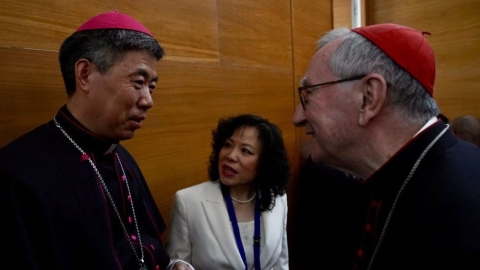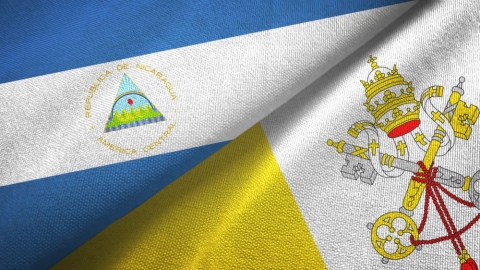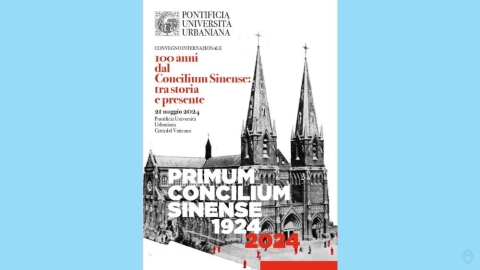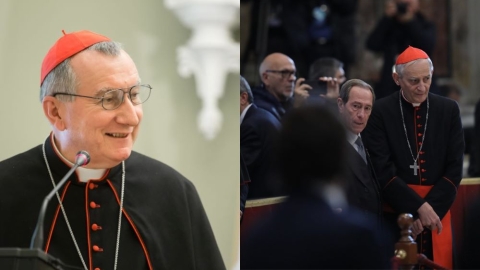Synod: Confidential Files Are Not Secure

There has been a very unpleasant surprise for the members of the Synod, for the organizers, and undoubtedly even more for the IT managers in charge of this event: the reports on the private deliberations of the Synod on Synodality participants are accessible via an unsecured server according to The Pillar.
The documents, which The Pillar says are accessible to anyone with the correct web address, “without a password or any other identification or security measure,” include lists of synod participants and their working group assignments and the “table” reports they filed at the end of the first round of discussions. On Friday afternoon, Vatican spokesman Matteo Bruni said he was verifying the newspaper's allegations.
The Pillar said it would not publish group assignments or reports “following Pope Francis’s request for a certain restraint in press coverage of the synodal process.”
But this article constitutes a major embarrassment for the Vatican and a very serious breach in the secrecy that those responsible for the synod have sought to impose since October 4. The article notably raises the question of who may have spied on the supposedly confidential deliberations of “minor groups.”
Additionally, the Synod's working group assignments call into question the organizers' decision not to make this information available to the media. Paolo Ruffini, president of the Synod's information commission, previously said he was unaware of the assignments and was unwilling to obtain them and share them with members of the press.
These assignments were a source of controversy because, contrary to custom, only certain members of the Synod were assigned to handle certain topics. This has raised concerns that the reports do not reflect the views of the entire assembly, particularly on controversial issues such as pastoral ministry to LGBT and transgender people, as well as the female diaconate.
The “table reports” will serve as the basis for a summary document, which will in turn constitute the starting point for the second and final meeting of the Synod in October 2024. Furthermore, The Pillar’s description raises doubt about the leaders' repeated assertion that the assembly would not deal with doctrine, but with how the Church can better include its members.
As The Pillar reports, “while some working groups emphasized doctrinal fidelity, at least one report expressed a call for the Church to reconsider doctrine on sexual morality.”
This observation is consistent with Mr. Ruffini's remarks at a press conference: some members of the Synod asked for “a greater discernment on the teaching of the Church on matters of sexuality,” while others declared “there was no need for such discernment.”
More generally, The Pillar noted that the “press briefings provided by Vatican offices” accurately reflected the working group reports.
The Pillar said it accessed the unsecured server on October 12, after being alerted by a confidential source, and “immediately notified the Vatican Dicastery for Communications.” The Vatican has not confirmed that the server was not secure or indicated what measures its services intend to take in this situation.
This blunder undermines the Pope's desire to preserve the confidentiality of the work of the Synod. Francis had said these restrictions were necessary to allow members of the synod to “express themselves freely.”
(Sources : CNA/The Pillar – FSSPX.Actualités)
Illustration : © Vatican média





